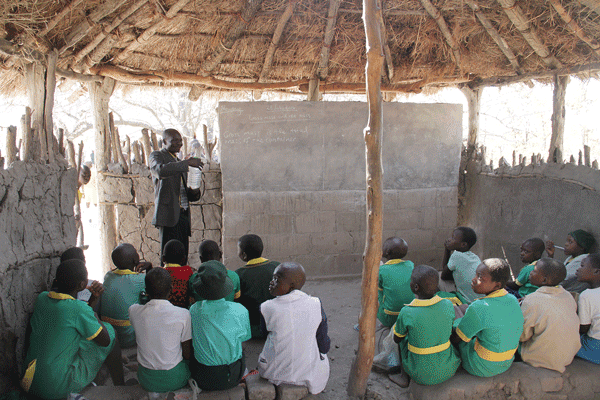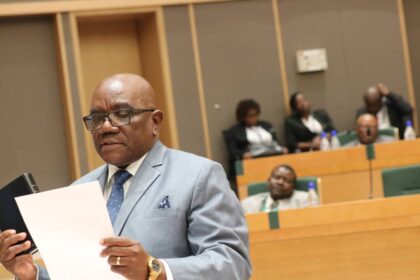Inequalities likely to worsen after COVID-19
By Joel Mandaza
Among the sectors heavily affected by COVID-19 in Zimbabwe, education ranks high.
Schools were closed and have not operated normally for two years.
When they opened last year, learners had to contend with a shortened week which saw some attending classes only three days per week.
As the disruptions persisted, due to the numerous waves, those with money and resources found ways to ensure that their children are not heavily affected by the disruptions.
They achieved this through online learning and private tutors.
Government schooled learners on the other hand have been at home sun-basking as authorities keep insisting that extra lessons are illegal.
Last week gave a glimpse into the disparities which have been born over time and are likely to continue.
Learners from private schools have already received their 2021 results from Cambridge, while those writing Zimsec are still in the process of writing.
What this means is, those who are writing A-Level Zimsec, may not be able to apply for university in March, as after writing Zimsec usually take two full months to mark the scripts.
These seemingly small separators may not appear like a big gulf at the moment, but in a few years learners who were at the same level starting school will be at different levels in life.
The differences are also visible in the way that online learning has been rolled out by the government.
While some private institutions are utilising platforms like Zoom, Google Teams to conduct lessons, rural schools are still largely disconnected from the internet.
The government says that of the odd 7000 schools (primary and secondary schools) in Zimbabwe, only 400 are connected to the internet.
Of the connected, most of them are struggling to pay for the broadband, according to ICT Minister Jenfan Muswere.
This means that the new normal will only accommodate about 10 to 20 percent of the 4.6 million learners in the school system.
With the future of jobs drastically changing to remote roles, there should be pressure on the government to make sure that it does not leave any students behind.
So far, it looks like the gap between the haves and have nots is widening with each passing day.



